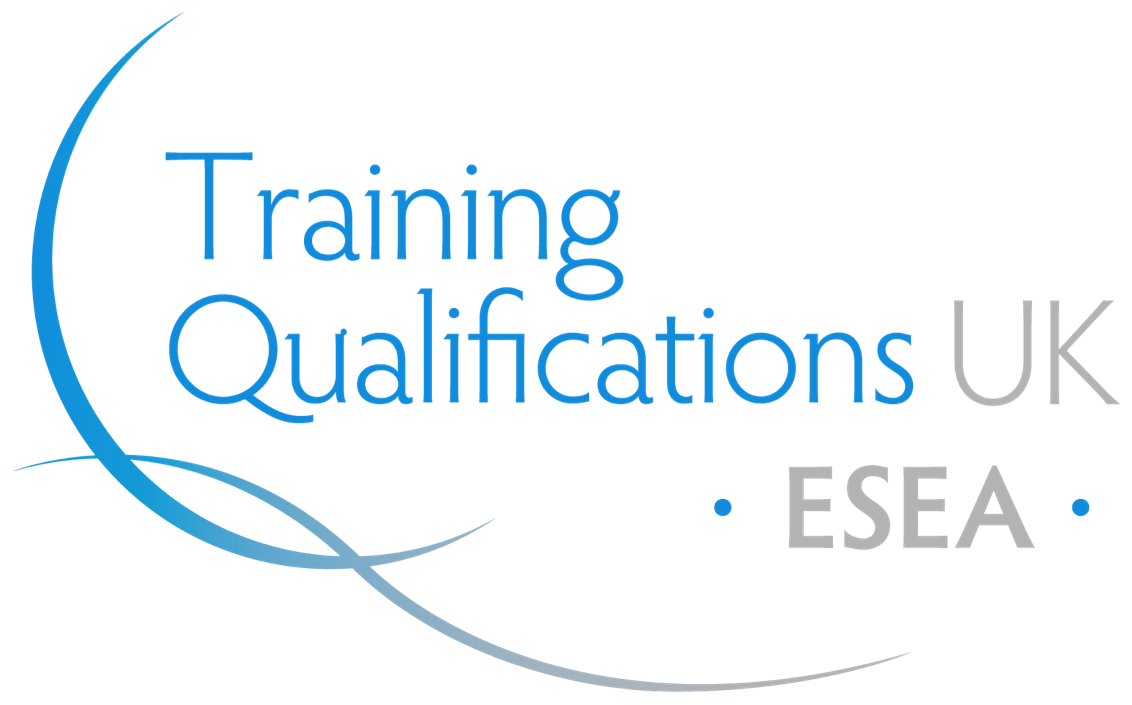Appeal
An appeal is a procedure through which an awarding organisation, or an approved centre may be challenged on the outcome of a decision made.
Assessment
Making a judgment about the extent to which a learner’s work demonstrates that the learning objectives of a qualification have been achieved.
Assessment Method
The activities used to provide evidence that a learner has met the assessment criteria of a unit. Activities can include; tests, assignments, professional discussions, observations etc.
Assessment Criteria
Defines what the learner must do in order to show that the learning outcomes have been achieved.
Assessment Evidence
Proof that a learner has achieved or is working towards the Assessment criteria of a unit of a qualification.
Assessor
A centre staff member who assesses a learner’s evidence.
Awarding Organisation (AO)
An organisation that is recognised by the regulatory authorities such as Ofqual to award regulated qualifications to learners.
Centre
An organisation such as a college or training provider who are approved by an awarding organisation to deliver and assess qualifications to learners on their behalf.
Centre Recognition/Approval
The process a centre must go through in order to offer an awarding organisation’s qualifications. The process includes showing how the required quality and standards of assessment will be maintained.
Certification
The process by which an awarding organisation recognises a learner’s achievement and issues a certificate.
Credit Value
The credit value of a unit or qualification gives an indication of the size of the unit. One credit represents ten hours of learning. For example, a unit with a credit value of six will take a learner on average 60 hours to complete.
Dashboard
This is the main homepage of the Management Suite that a centre can use to register learners, staff members and claim certificates.
Direct Claims Status
This gives an approved centre the ability to claim for a learner’s certificate without having to go through a process of external verification. An approved centre must have robust management, delivery, assessment and internal quality assurance systems in place to achieve this.
Externally Assessed
The assessment tasks a learner completes are marked by the awarding organisation. Results are given to the centre.
External Verifier (EV)
A person, who on behalf of an awarding organisation, assesses the quality procedures, administration, delivery and assessment decisions within an approved centre.
Guided Learning Hours (GLH)
The number of hours of teacher led or directed study time required to teach a unit or qualification.
Internal Verifier (IV)
A person appointed to oversee the internal quality assurance systems and procedures within a centre.
Internally Assessed
The assessment tasks a learner completes are marked by approved centre staff members. Results are given to the awarding organisation and are subject to external verification.
Level
An indication of the difficulty of a qualification. The higher the level, the more difficult the qualification is on the QCF
Learning Outcomes
The knowledge, skills and understanding learners are expected to acquire when undertaking a qualification.
Maladministration
This is any activity or practice which results in non-compliance of an awarding organisation’s administrative regulations and requirements. This can include the application of persistent mistakes or poor administration within a centre (e.g. keeping inappropriate learner records).
Malpractice
This is any deliberate activity, neglect or default that compromises the integrity of the assessment process, and/or the validity of certificates.
Management Suite
A bespoke IT system that an approved TQUK centre has access to in order to register learners, register centre staff members and claim certificates. A centre can also download exam papers, policies and forms, as well as contact TQUK.
Mandatory units
These are the units of a qualification that a learner must achieve in order to meet the requirements for that qualification.
Ofqual
The regulator for vocational qualifications in England and Northern Ireland. Ofqual give formal recognition to awarding organisations and monitor their activities.
Optional units
These are the units of a qualification that a learner may choose to select in order to achieve the right number of credits that meet the requirements of a qualification.
Qualification approval
An approved centre can apply to an awarding organisation to add to the list of qualification they offer.
Qualification specification
A document that contains information regarding a qualification, including the qualification content, structure, assessment and internal quality assurance arrangements.assurance arrangements for nationally accredited qualifications.
Qualification and Credit Framework (QCF)
The QCF is a unit based framework for qualifications in England, Wales and Northern Ireland. Every qualification on the QCF is made up of one or more units. All units and qualifications within the QCF have a size measured in credits and a level. Credits are awarded for achievement.
Reasonable Adjustments
These are any changes, alterations or accommodations that can be made for learners who have an additional learning need or disability.
Recognition of Prior Learning (RPL)
A process by which learning, wherever and however it has taken place, can be assessed and recognised as part of the assessment evidence for a qualification. This might occur before or as part of a formal process of learning.
Rules of Combination
A description of the credit accumulation required for the achievement of a qualification.
Sector Skills Councils (SSCs)
Organisations that represents all employers in a particular sector in the UK. They set the National Occupational Standards (NOS) in terms of skills required to work in a variety of job roles.
Special Considerations
These can be applied after an assessment has been undertaken, if there was a reason the learner may have been disadvantaged during the assessment e.g. unwell or an event outside of their control has had, or is likely to have had, a material effect on that learner’s ability to achieve an assessment.
Standardisation
The process to ensure that assessment criteria for a qualification are applied in the same way by all assessors and internal verifiers.
Unit
A set of learning outcomes and assessment criteria, that make up a qualification. Individual units can be certificated, as well as the whole qualification.


